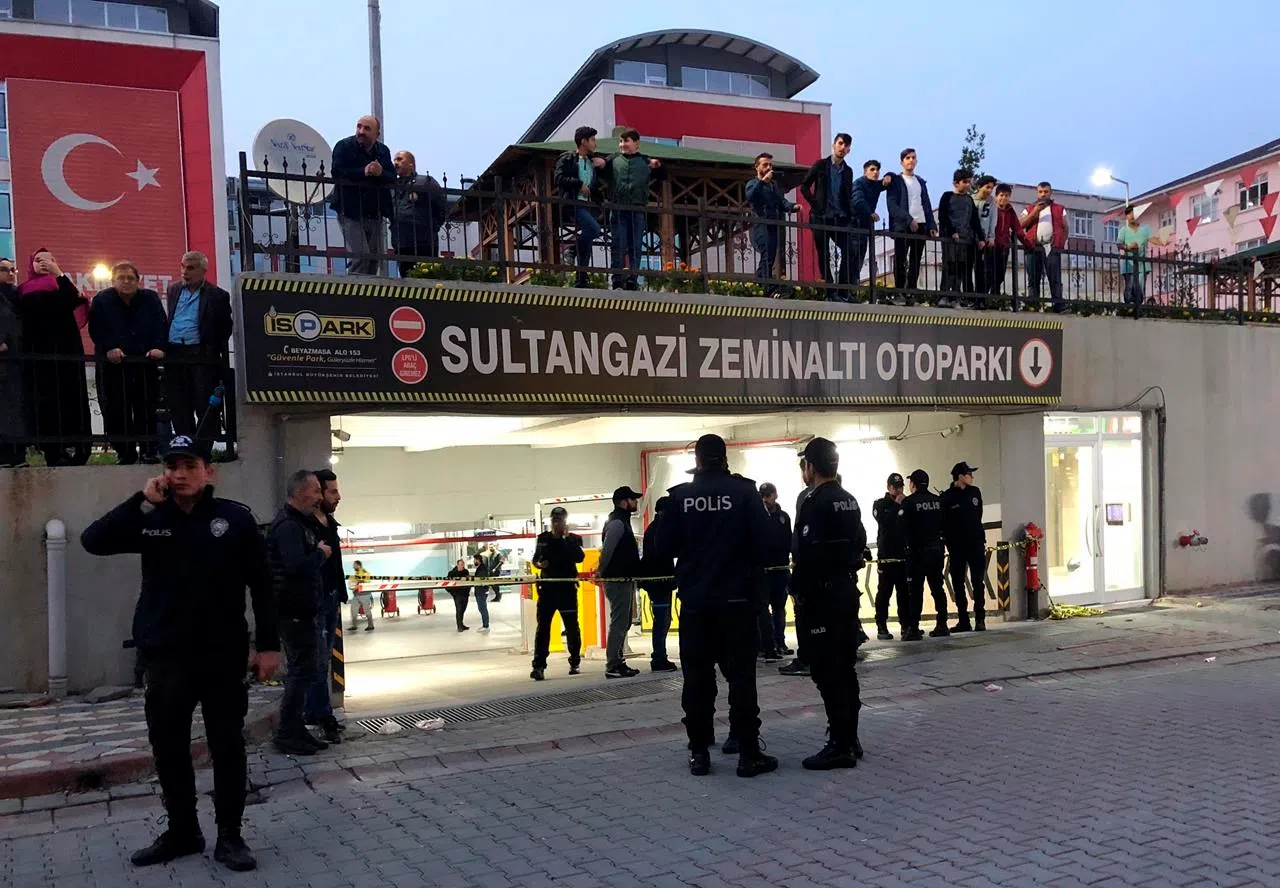
Turkish president: Saudis must name masterminds of killing
ISTANBUL — Saudi Arabia must identify those who ordered the murder of journalist Jamal Khashoggi and turn over the suspects for trial, the Turkish president said Tuesday in remarks that carefully ratcheted up pressure on a country that is a source of investment for Turkey, but also a rival for influence in the Middle East.
President Recep Tayyip Erdogan delivered a sharp rebuttal of Saudi Arabia’s widely criticized account that the writer for The Washington Post died accidentally in a brawl, saying Saudi officials had planned the killing for days.
Some analysts believe Turkey is also calculating whether it can capitalize on outrage over the killing to extract political capital from the world’s largest oil exporter without alienating it altogether.
Addressing ruling party lawmakers in parliament, Erdogan used the word “murder” 15 times to describe Khashoggi’s death after the writer entered the Saudi Consulate in Istanbul on Oct. 2 for paperwork related to his marriage plans.


